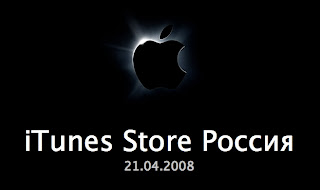While nursing a lurking illness this morning, I turned on the radio at just the right time to hear a story on National Public Radio about journalist Edward Lucas' new book
The New Cold War: Putin's Russia and the Threat to the West. In it, Lucas argues that a new Cold War is being fought, this one with with cash, natural resources, as well as diplomacy and propaganda. Importantly, Lucas asserts that the West is "unwilling to admit what's happening."
This blog was originally entitled "The New Cold War," as is visible in the URL. My hypothesis was that there was indeed a new Cold War in the making or even happening, spurred by President Bush's insistence on building a missile defense system and his brazen unilateralism. I clearly wasn't the only person pondering this—witness "
The New American Cold War" in
The Nation or
Ernest Partridge's "Oh What a Lovely (Cold) War!" The authors respectively argue that we are indeed pitched in another ideological and economic battle, although now our ostensible opponent employs capitalism and autocracy rather than Marxist-Leninist communism gone awry.
To me, a historian-in-training and amateur Rusologist, hearing Lucas's argument, that this new Cold War is being denied by the West while Russia fights with one part Russian natural resources, one part diplomacy, and one part Russian hardball, seems to perfectly fit. Witness the BBC's "
What the real Cold War meant," and the assertion made by U.S. Secretary of State
Condoleezza Rice that there was not a new Cold War in the offing, and from a blog jockey's perspective, it fits together quite nicely, at least in terms of Colbertian logic (e.g., you know it in your gut). While actually reading the book and seeing how my perceptions and beliefs abotu the situation compare and contrast with Mr. Lucas' has yet to happen, it is safe to say that I am confident enough to be able to read something with which I disagree and not toss it aside simply because we disagree.
